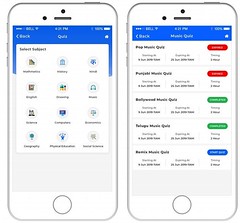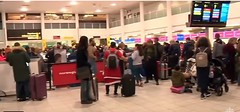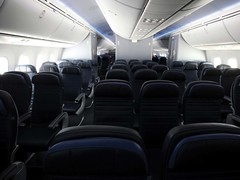airwaysnc posted a photo:
'A lot of failures' due to debt: IATA
Till 2020, the airline industry had merrily seen almost one decade of sustained profitability. Today, the industry is on life-supporting debt. As per the International Air Transport Association (IATA), the total government aid to carriers at present is more than $120 billion- mainly in loans and in wage support, equity, tax deferrals, and cash injections. The total airline debts have bloated from $430 billion worldwide at the end of 2019 to $550 billion today.
Total airline debt situation
The year 2019: five times, The year 2021: 17-18 times airlines' cash flow on average
No business can sustain itself with such a debt liability. The sector will earn mainly for the lenders and will be left with almost nothing for itself. That is why many firms chose to go insolvent instead of being crushed by debt.
Besides, airlines carry huge liabilities. IATA has estimated the value of airline refunds owed for cancelled flights between March and June 2020, at $35 billion. The airlines also have to necessarily bear the fixed costs - roughly 60 billion in the same period. The companies, barring Southwest, neither have any adaptive business models nor adequate credit lines or cash supplies to be prepared for that.
Also Read : The Aviation Dilemma: Embrace Insolvency or Bail Out
IATA has stated the airline debt situation can see a 'lot of failures' in 2020. ncairways.co/debt/
source https://www.flickr.com/photos/165450454@N07/50053087023/




